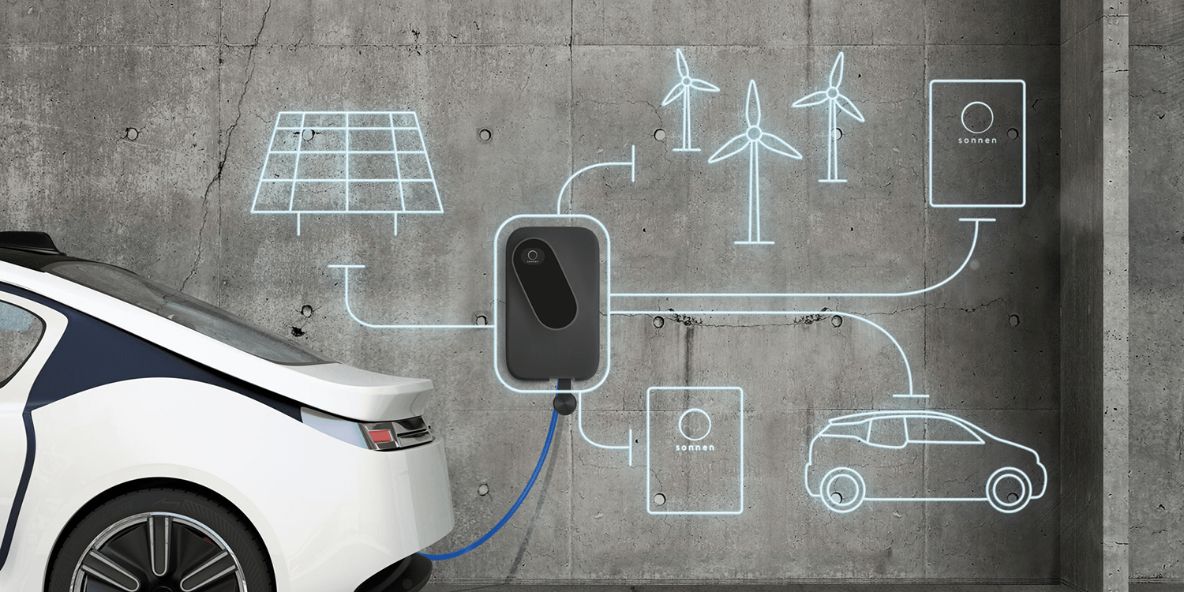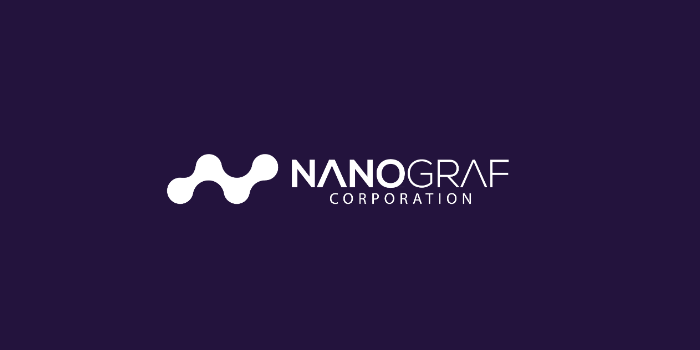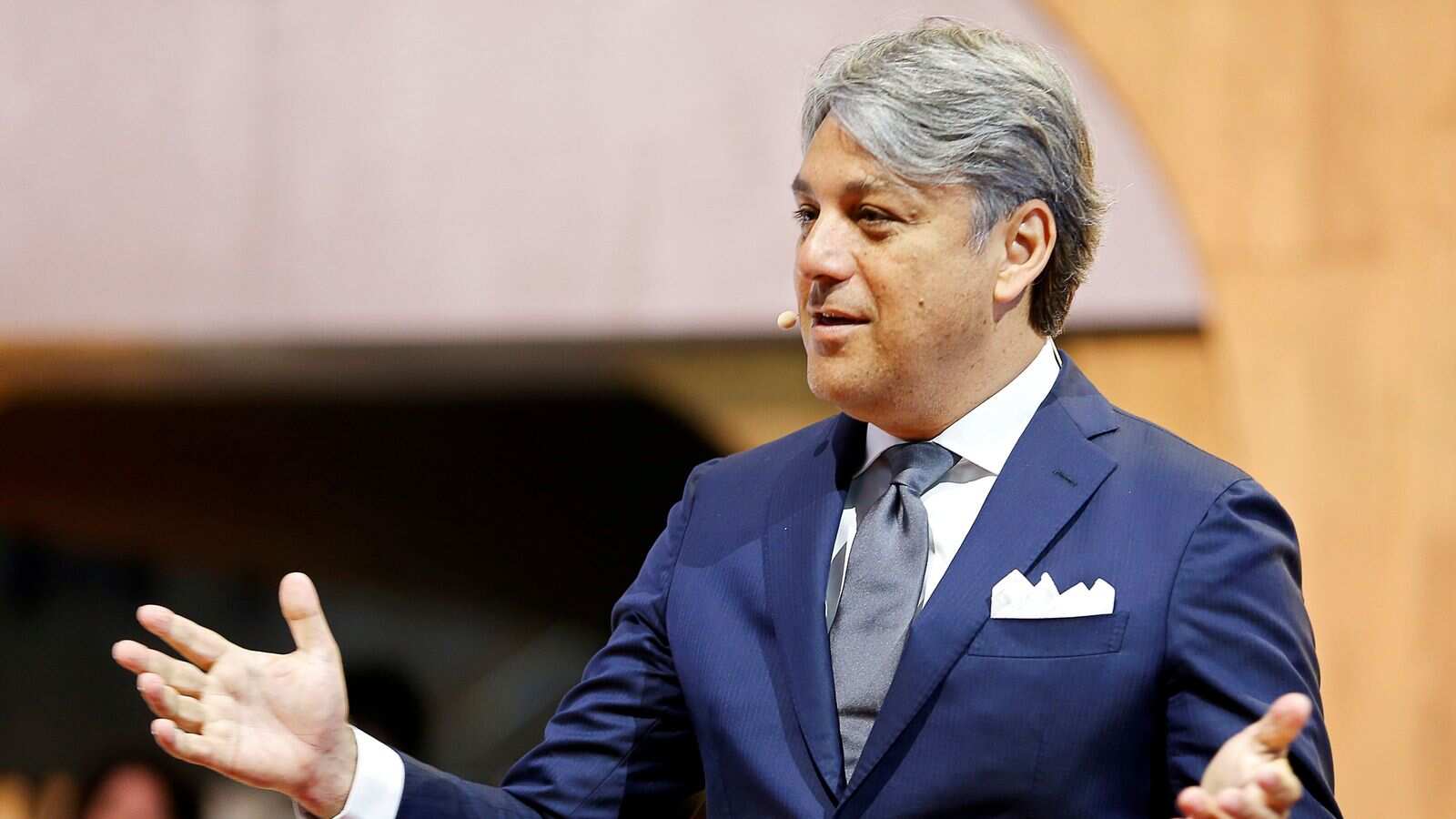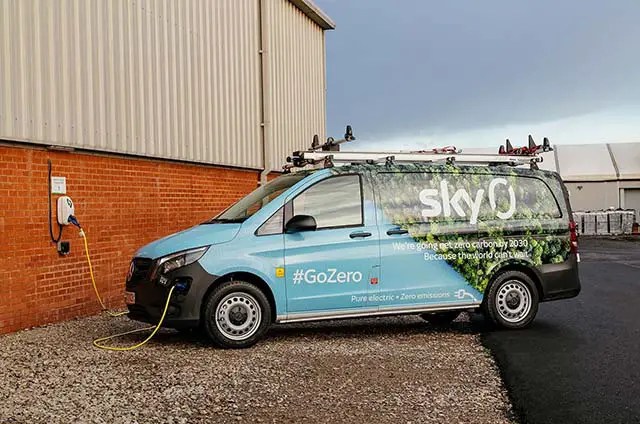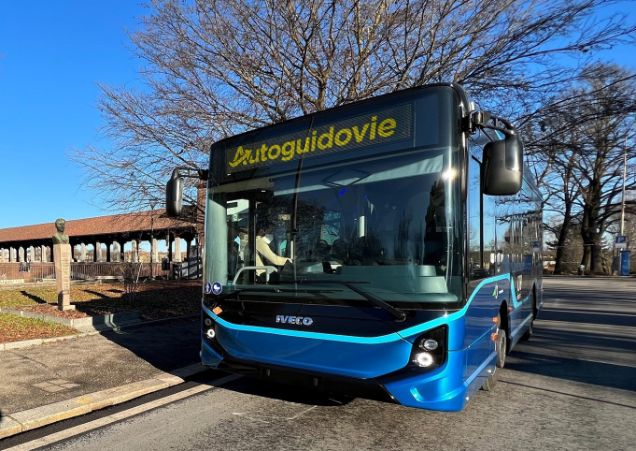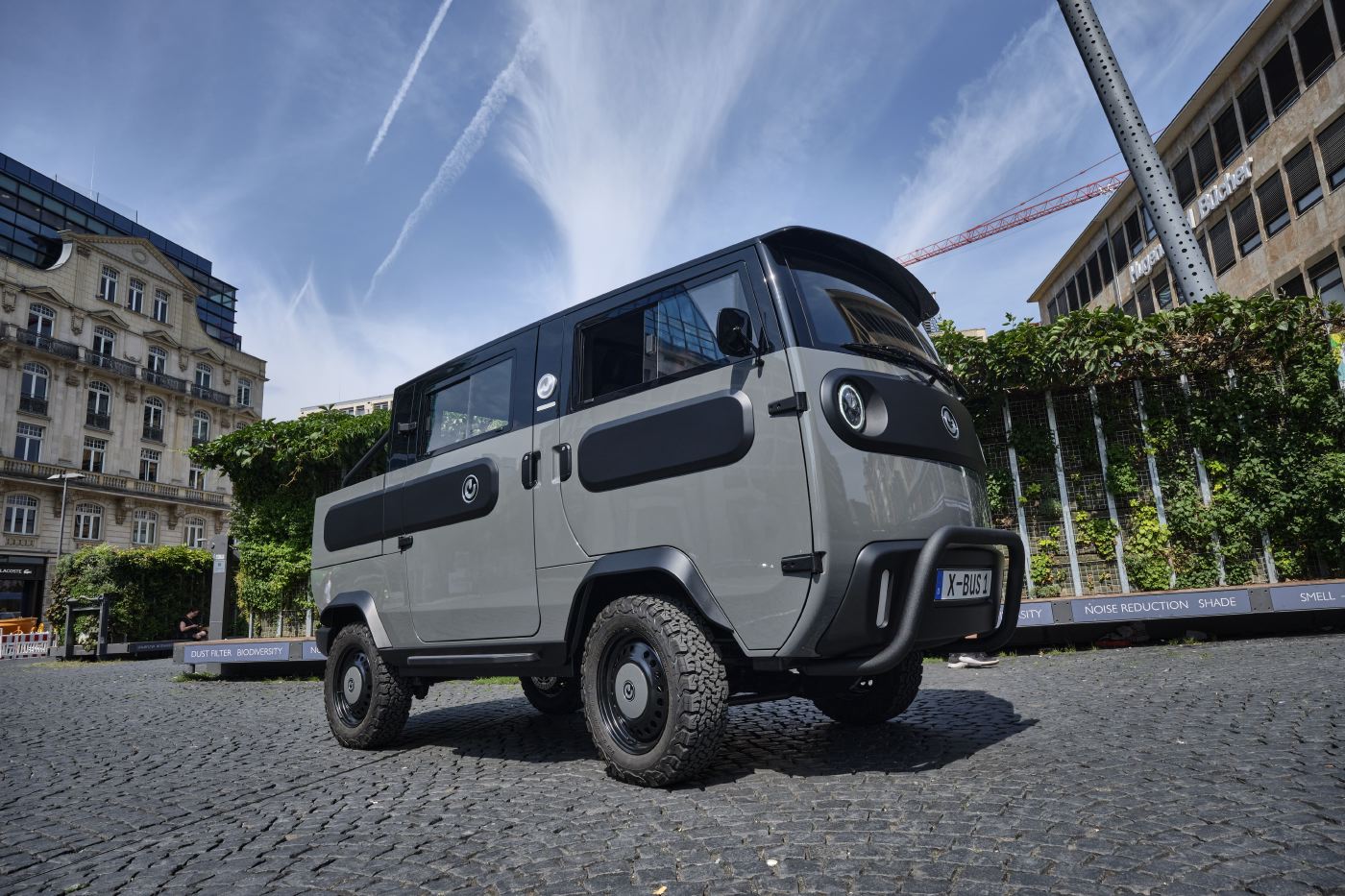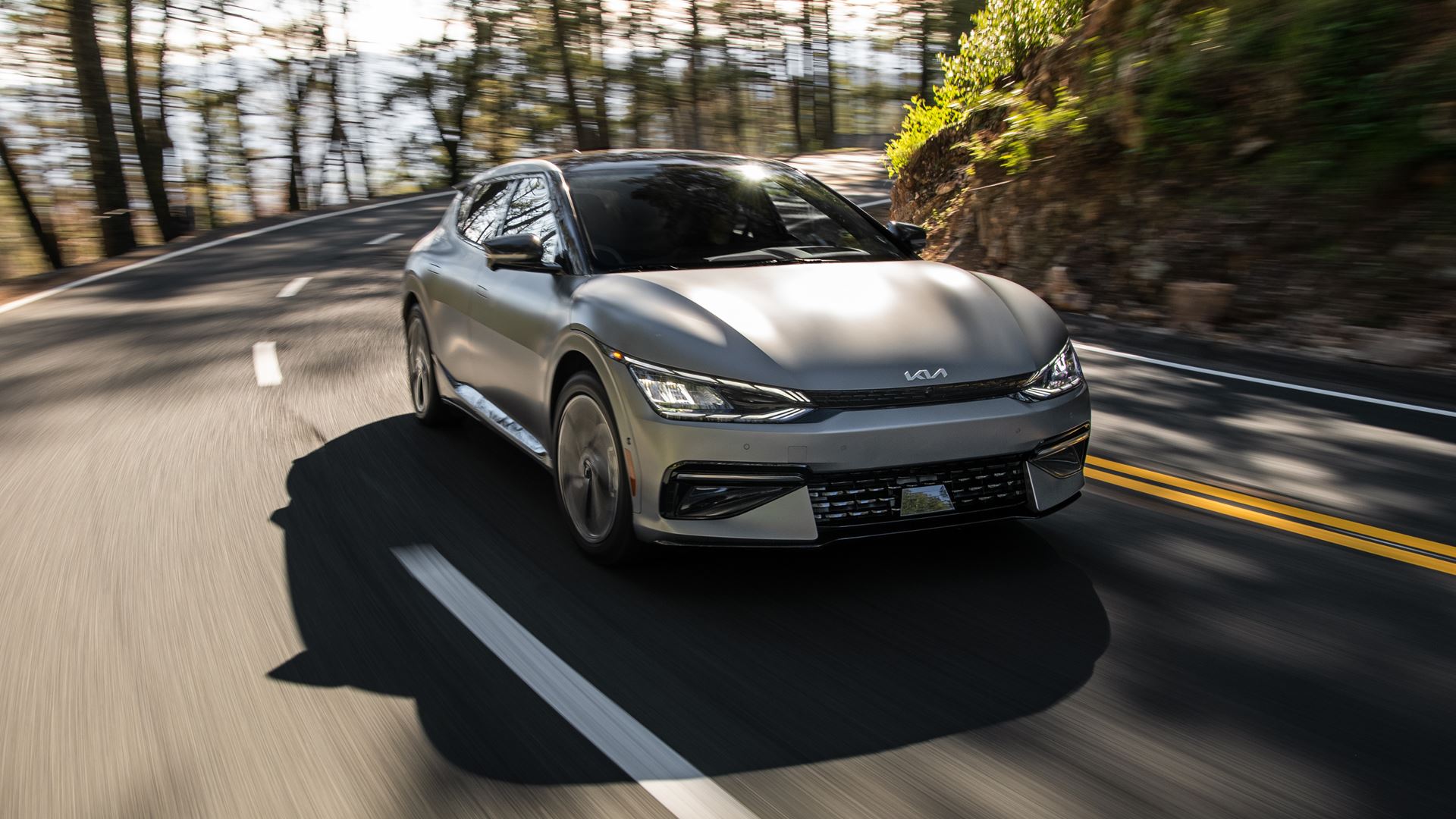German solar company, sonnen, is expanding its virtual power plant (VPP) model to include electric cars in its digital community. The VPP, which connects households with sonnen batteries to the Dutch transmission grid operator TenneT, has been in operation since 2019.
The new integration of electric car batteries into the VPP is another storage medium that can help stabilise the grid, allowing EV owners to make the storage capacity of their car batteries available to TenneT. This follows testing in winter last year and extends to EV batteries as a storage option, but the integration only regards controlled charging, so it is not yet a bidirectional system.
See also: B2U Storage Solutions Harnesses Retired EV Batteries for Efficient Energy Storage
The integration of e-cars into the power grid is an “important milestone” according to TenneT’s COO, Tim Meyerjürgens, as it increases flexibility and helps to stabilise the overall system, particularly with the increased use of volatile and fluctuating wind and solar energy.
The first vehicles have already been integrated into the sonnenVPP in TenneT’s grid area to provide primary control power. The EV batteries must respond within 30 seconds to compensate for load and frequency fluctuations in the electricity grid via an intelligent charging process, with no additional wear and tear on the vehicle batteries through discharging.
In the next step, sonnen plans to activate another 5,000 sonnenCommunity households with an electric car and a sonnenCharger for the VPP. Together with the respective sonnenBatteries, this corresponds to a potential of around 80 megawatts.
See also: GM created a new energy business to sell solar panel and energy storage system
Sonnen, which has reportedly been owned by British-Dutch oil corporation Shell via its Shell New Energies subsidiary since 2019, has been providing solar energy to households in the wider digital community since 2015. The company started in 2010 as Prosol and later SonnenBatterie, building the core of the business model around the sun-battery, enabling owners of PV installations to store and share excess energy.
Since 2016, owners and members of the sonnen community without PV at home can share energy and the batteries, which were aggregated into a VPP in 2019. The members of the community share in the profits. The inclusion of EVs in the sonnen VPP is a first for Germany and a step towards a more flexible and stable energy system.

